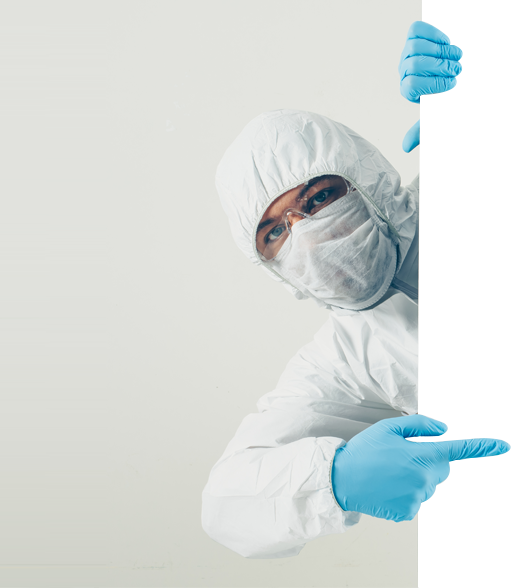Since the end of the pandemic, there has been a significant rise in the number of students who are traveling abroad to study medicine. Due to the emergence of new Covid variants and restrictions, destinations for overseas education have established protocols to follow. Here is a summary of these guidelines.

Travel for students is only permitted if they are vaccinated. It's important to keep in mind that the Bharat Biotech vaccine, Covaxin, is not yet universally recognized.
The United States has imposed a travel ban on individuals coming from India. Admissions for students are being considered on a priority basis and with maximum efforts. Individuals who have previously tested positive for the virus must wait for a period of 3 to 4 months before traveling.
Typically, there is a gap between the first and second doses of the vaccine in India. However, the Ministry of Health in India has made an exception for international students. They are exempt from this requirement.
France has compiled a list of "Green Countries," but India has not been included in this list. Students who have been fully vaccinated and have completed two weeks after receiving the vaccine can travel.
Australia has stricter regulations compared to other countries. They have been closed to international travelers since March 2020 and are planning to admit 800 international students per month starting in July 2021. However, India is on Australia's "red list," so it may take some time for Indian students to be able to travel there.
China has banned travel from India since February 2020. Despite the availability of vaccines, there are still strict restrictions in place for India. The Ministry of External Affairs is expected to address this issue.
In contrast, the UK has fewer restrictions. If the student holds a visa, they are able to travel, or they are required to self-quarantine for 10 days upon arrival.
A valid Nasopharyngeal or Oropharyngeal COVID-PCR Test CPR tests on the day of arrival are expected.
Students are expected to have a standard COVID-19 negative as a test result.
A mandatory 7 days self-quarantine.
Test on day 8 to release from quarantine
Travelers from red list countries, whether vaccinated or unvaccinated will be treated the same.
The test sample is expected to be a nasopharyngeal or oropharyngeal swab (or both) taken by a certified medical professional.
he sample must be taken within 3 days before arrival.
The respective country’s medical authority should accredit the laboratory where the sample test needs to be taken.
Nasal swab sample
Saliva sample
Self-administered tests (even if the sample was taken under the supervision of a medical practitioner)
Home kits
Rapid PCR tests
International travellers need to provide proof of COVID-19 vaccination. A negative PCR test not older than 3 days before arrival is required.
If the arrival is delayed, the PCR test will not be accepted. A new test has to be taken on the day of arrival.
Requirements are flexible, so check them before planning for travel. Check with the airlines before travel.
Vaccination from other countries is not entirely accepted. Also, the appointment card from vaccination centers is not designed to be used as proof of vaccination and should not be used to demonstrate vaccine status. Travelers are expected to take tests at their own risk.
Travellers might get their temperatures tested at the time of arrival. If any traveller shows symptoms, they are taken to medical facilities.
It’s advised not to travel to Tajikistan and Kazakhstan currently pertaining to safety issues both due to Covid-19 and terrorism.
Unwanted travel to the areas around 30 km of the borders with Afghanistan, Kyrgyzstan, and Uzbekistan because of security concerns.
Valid Nasopharyngeal or Oropharyngeal COVID-PCR Test is compulsory.
CPR tests on the day of arrival are required
Standard COVID-19 negative test result required
One has to self-quarantine for 7 days and will be tested for Covid-19 on the 8th day.
One has to self-quarantine for 7 days and will be tested for Covid-19 on the 8th day.
If you have been vaccinated, check with the country you’re travelling to if they accept the respective vaccine you’ve injected. If not vaccinated, make sure you know which vaccines are accepted and choose accordingly.
Since you’ll be having too many things to be done, you might not prioritise your health. Have a frequent check so that the entire process goes at ease.
It’s pretty obvious that you’ll have to carry documents and need to complete the paperwork. Create a checklist and make sure you get them done.
Have frequent check-in with the airlines you’ll be travelling to be aware of the travel restrictions.
Be aware of the restrictions and precautionary measures to be taken:
